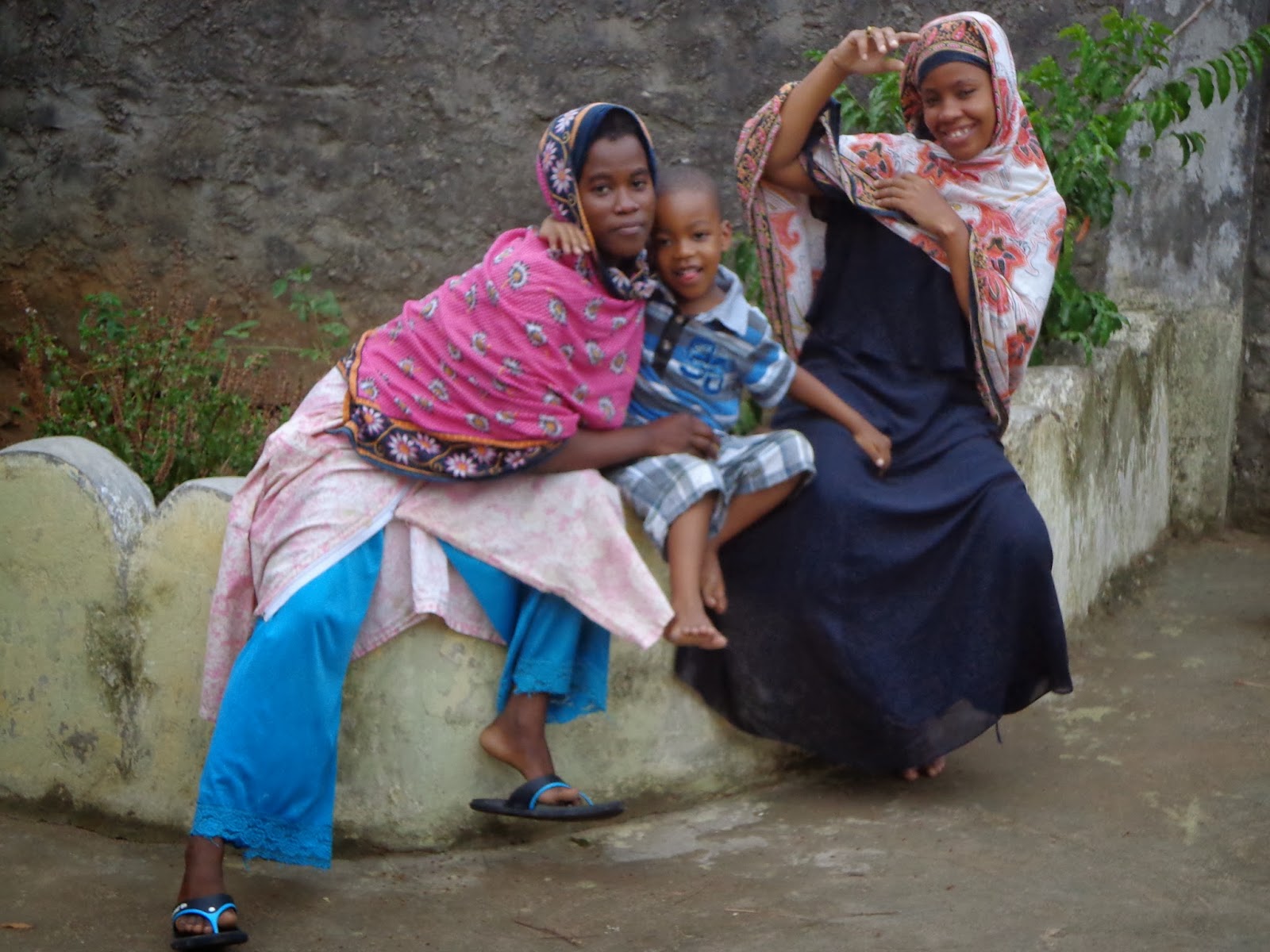This is an issue I have struggled with since my very first days in the Congo. There seemed to be absolutely no reason for John and I to employ house help. We were young and perfectly able to do our own cleaning, laundry, marketing, and cooking. Other older, more experienced expatriates chided us because according to them, we looked selfish to the Congolese who needed employment and knew that we could afford to give someone a job. So, we gave in and hired Jacques, a young man from an orohanage, who needed an entry level job so he could eventually advance to something better. At age 22, I didn't yet know how to cook, and I was a failure as a domestic arts trainer and spent a good deal of time either avoiding Jacques because I didn't know what to have him do or cleaning up after him because he cooked like hell and burned a lot of food. Buying rice in the market and doing the laundry were perhaps his two best skills, but I knew when we left Kinshasa that poor Jacques had not gotten the training he would have from someone more comfortable with a servant.
It was similar in Liberia, though I knew enough to hire help immediately, and this time we took on 18-year-old twins, Joseph and Josephine, who needed to earn money for school fees. They came each afternoon, and usually I had Josephine do laundry and marketing for us. She loved it when I gave her money for a taxi (10 cents) and the market. She also cooked jollof rice for us. John kept Joseph busy by having him run errands and oversee such things as repairing bike inner tubes. I did better with the twins than I had with Jacques, but still I was uncomfortable sitting and reading while Josephine did laundry or cooked, and I'd lie awake at night trying to think of things I could possibly have her do.
Bukasa, our houseman the second time we were in the Congo, knew absolutely nothing about "white" housekeeping and would have driven me to drink if there had been any liquor other than homemade palm wine within 100 miles. Bukasa raised sandstorms when he swept the house, so I had to stay outside during the action and wait until the dust settled before re-entering the house. But, he was incredibly proud of his position and did the laundry near the village path so he could chat with anyone who passed by. Wisely, I never introduced him to cooking, though he did start charcoal fires for me when I used the babula, and he knew exactly how to skin the haunch of wild boar I bought from the local hunters. He was always good humored and eager to help, and I still miss him.
Here at Fahdilas, there are three dadas who do absolutely all the cleaning, laundry and cooking since Fahdila is now completely consumed with the opening of her new restaurant, "The Executive Chef."
Compared with our last visit here in 2012, the quality and variety of food we are served have greatly declined, and while Fahdila is away, the dadas do pretty much what they want to--and they definitely want to do less work than they should. Instead, they want to have me be their entertainment. I cannot sit in the breezier outer rooms or they will come and lean over my shoulder to see what is happening on my computer or even my Kindle. When my computer is on, they beg me to show them pictures. Every time they enter a room where I am, they greet me and try to give me Swahili lessons. And, when like this morning, I stay in our room, they knock at the door and call me to sit on the veranda or have some juice or tell me that the water is now cold or bring me a mandazi or ask about John, whom they know is at school every morning. While I don't want to be rude, I also wish I knew how to set a stricter boundary on how they treat me. They observe John and I playing with the children and thus realize that we are very different than the usual Zanzibarian adult, but apparently they do not sense that our relationship with the children does not transfer exactly to them.
 |
| Two dadas with Shehe |
Great story, Janet.
ReplyDeleteThanks, Hugh. Getting relationships correct is an ongoing problem for someone as democratic at heart as I am.
Delete